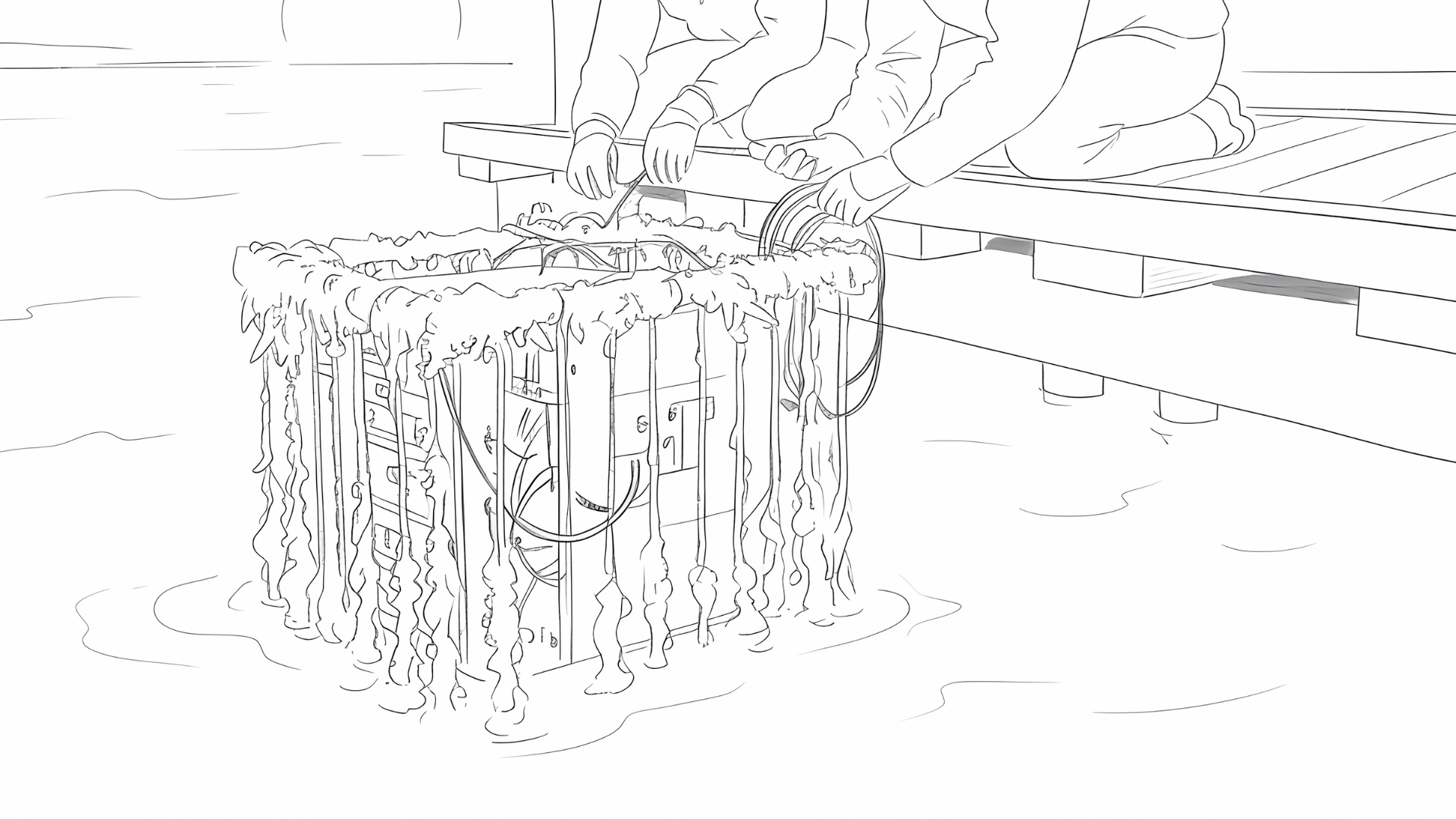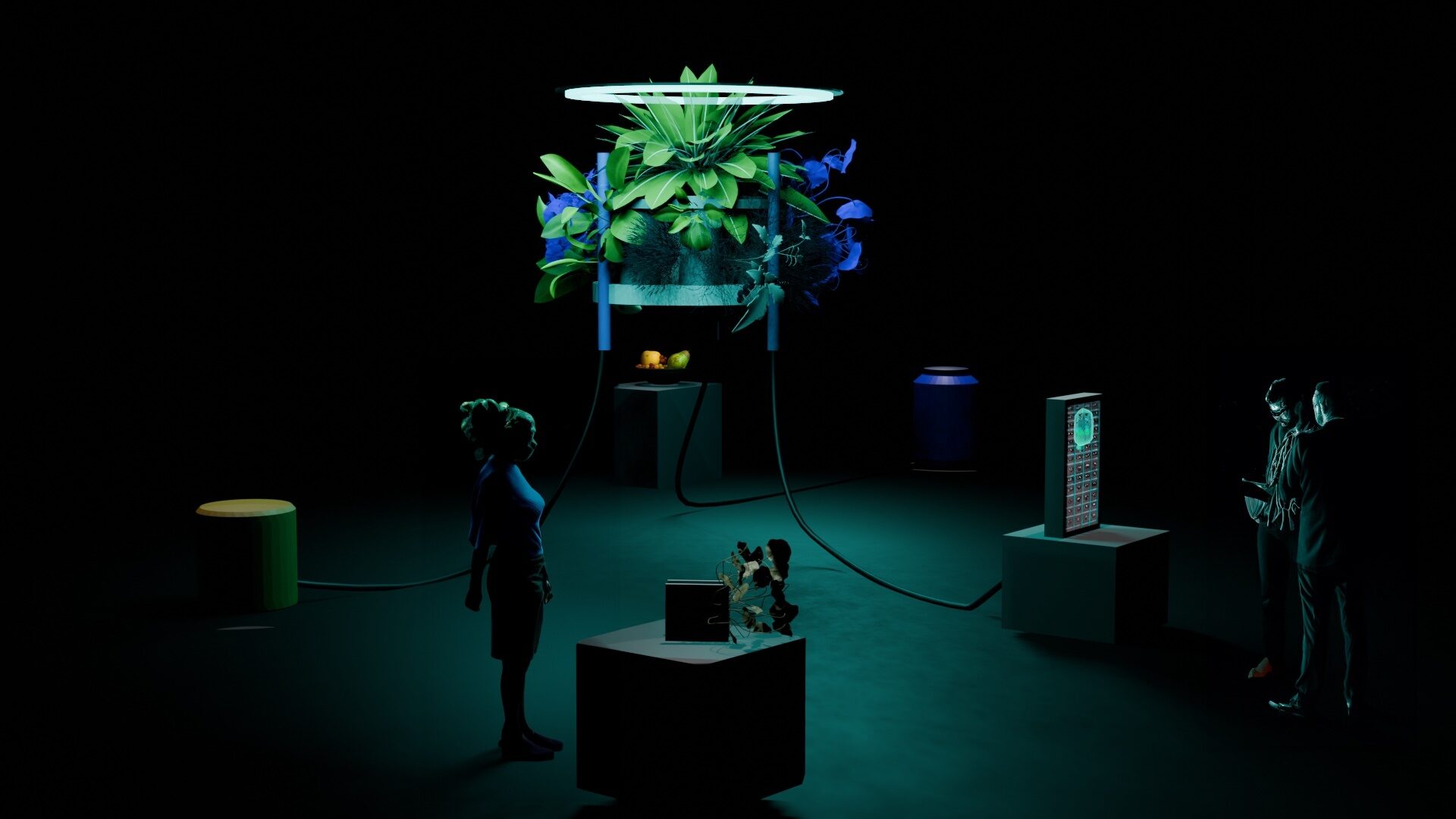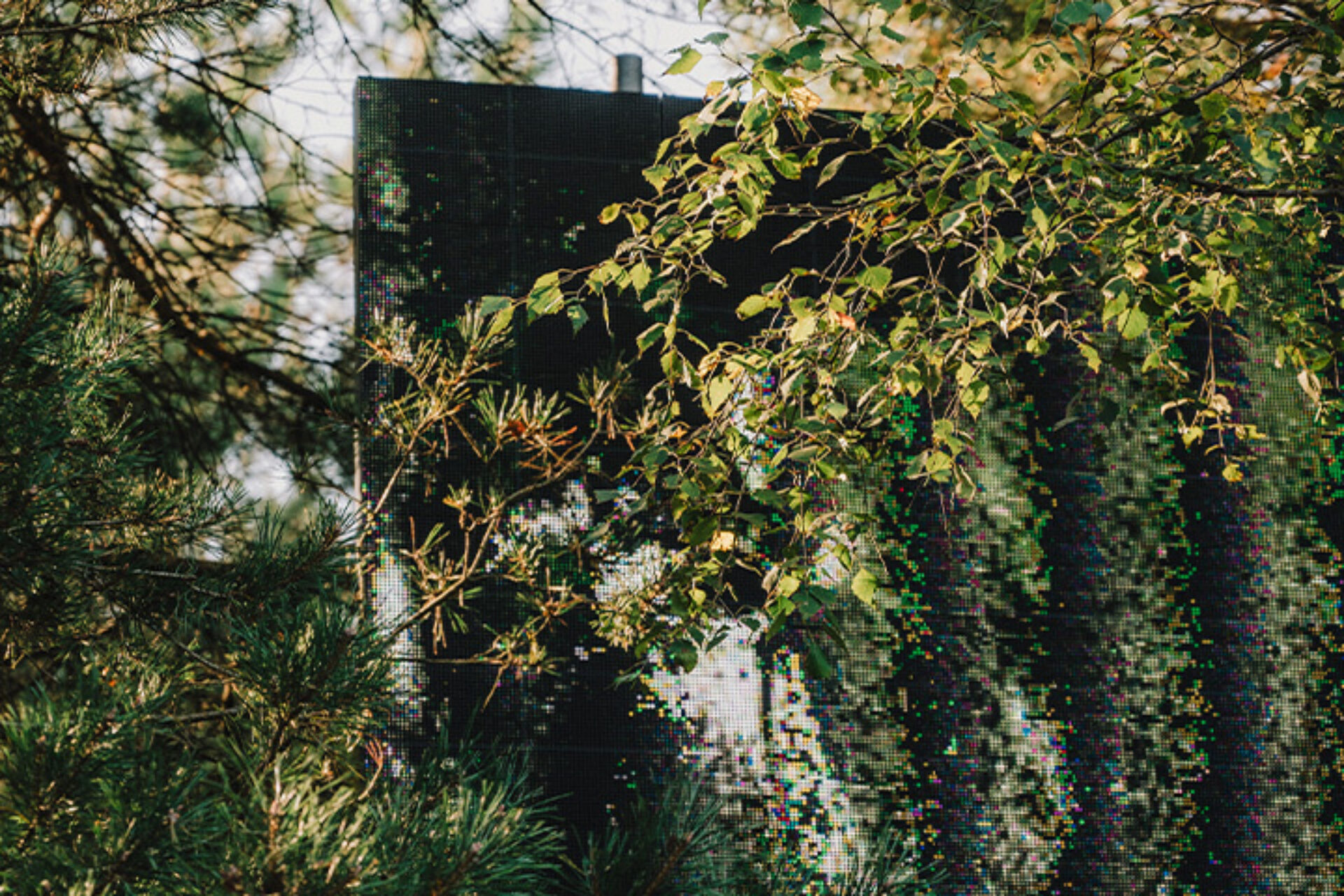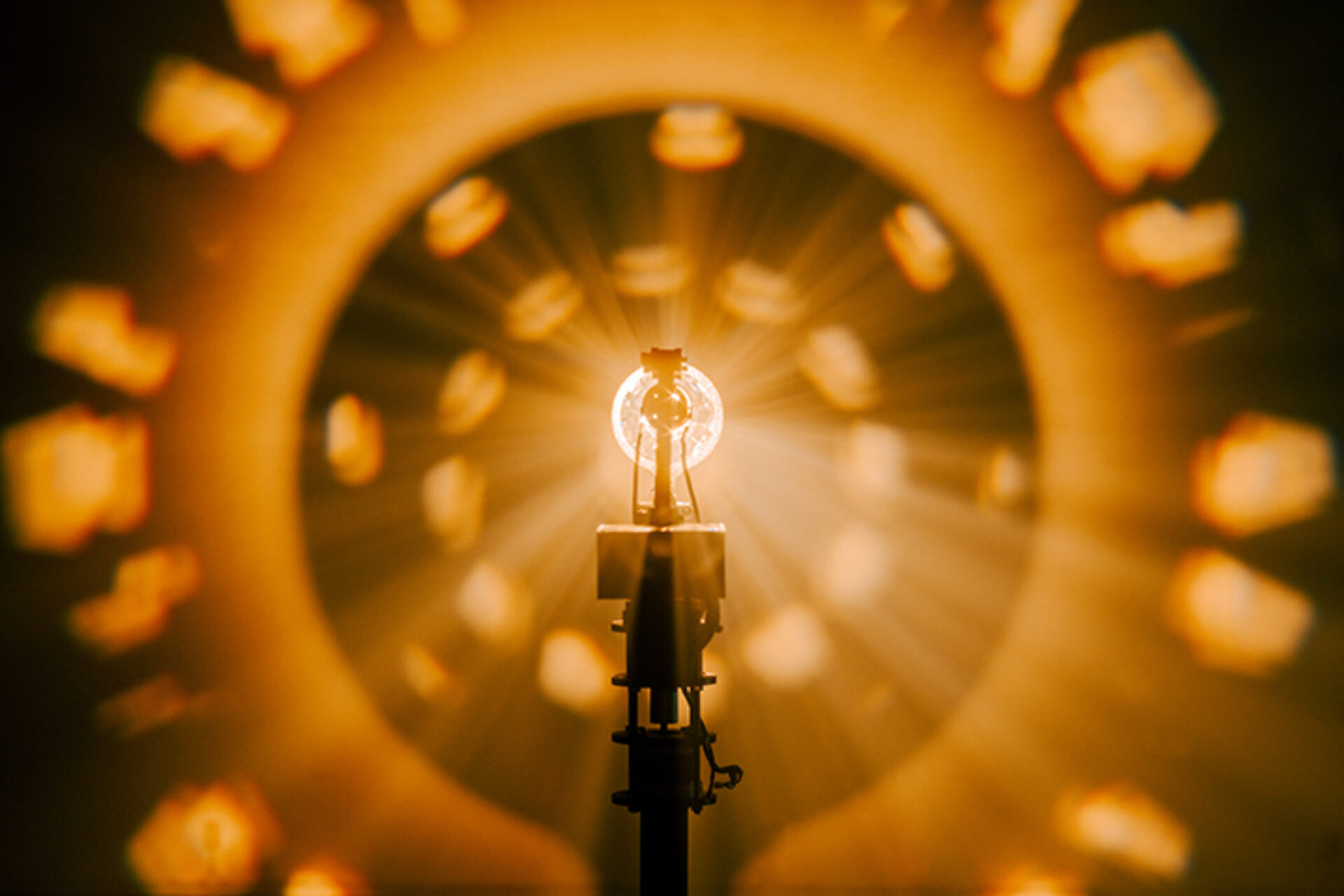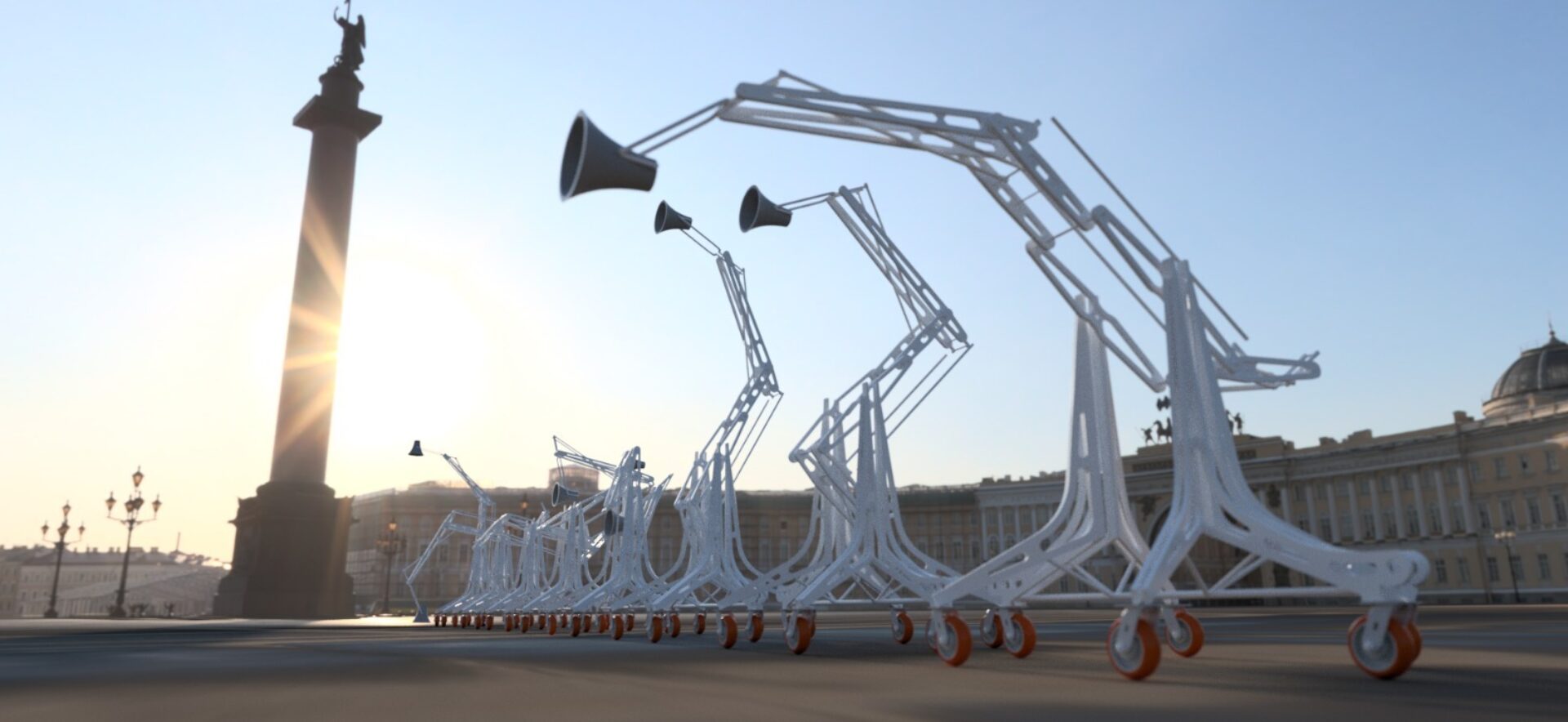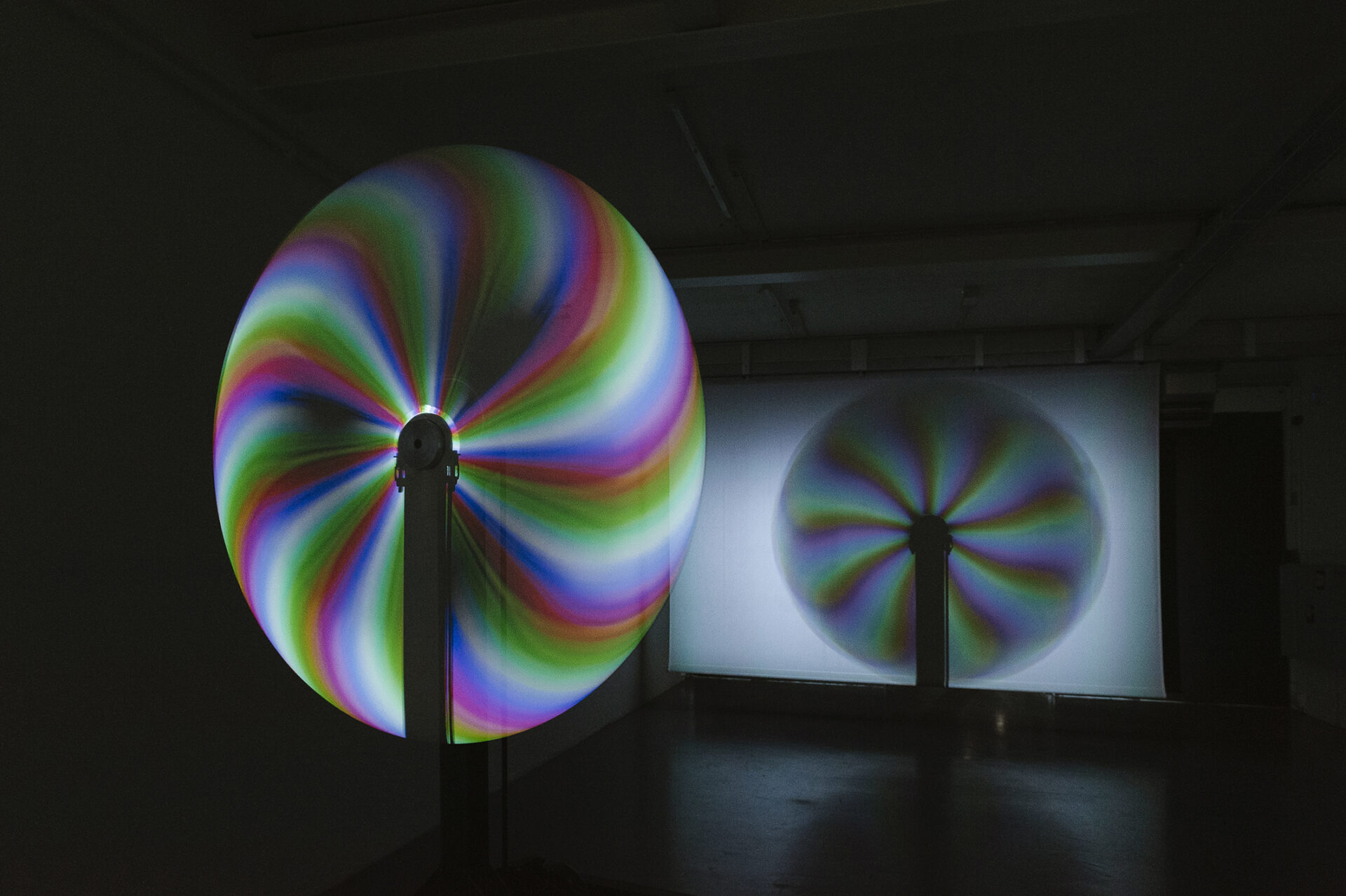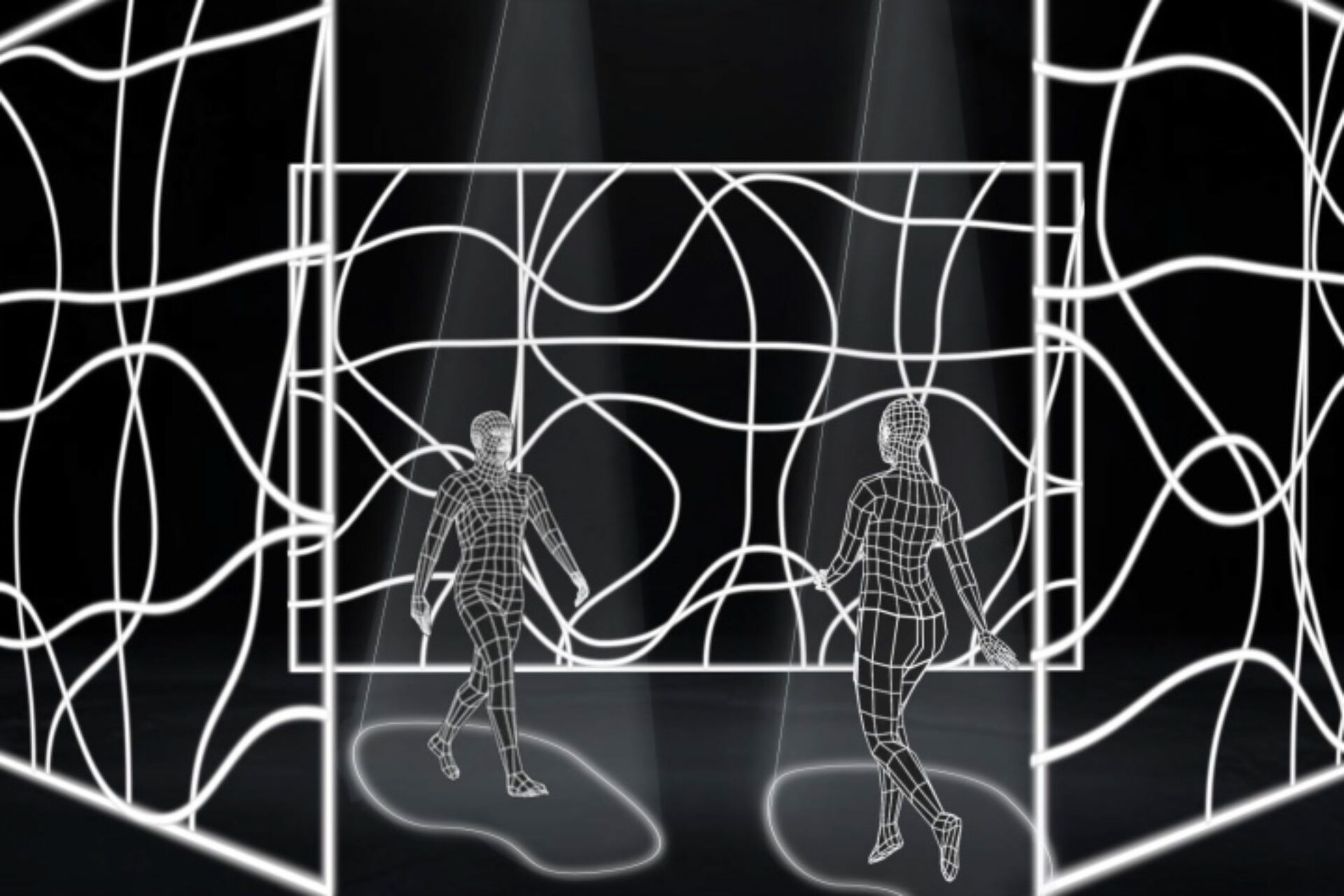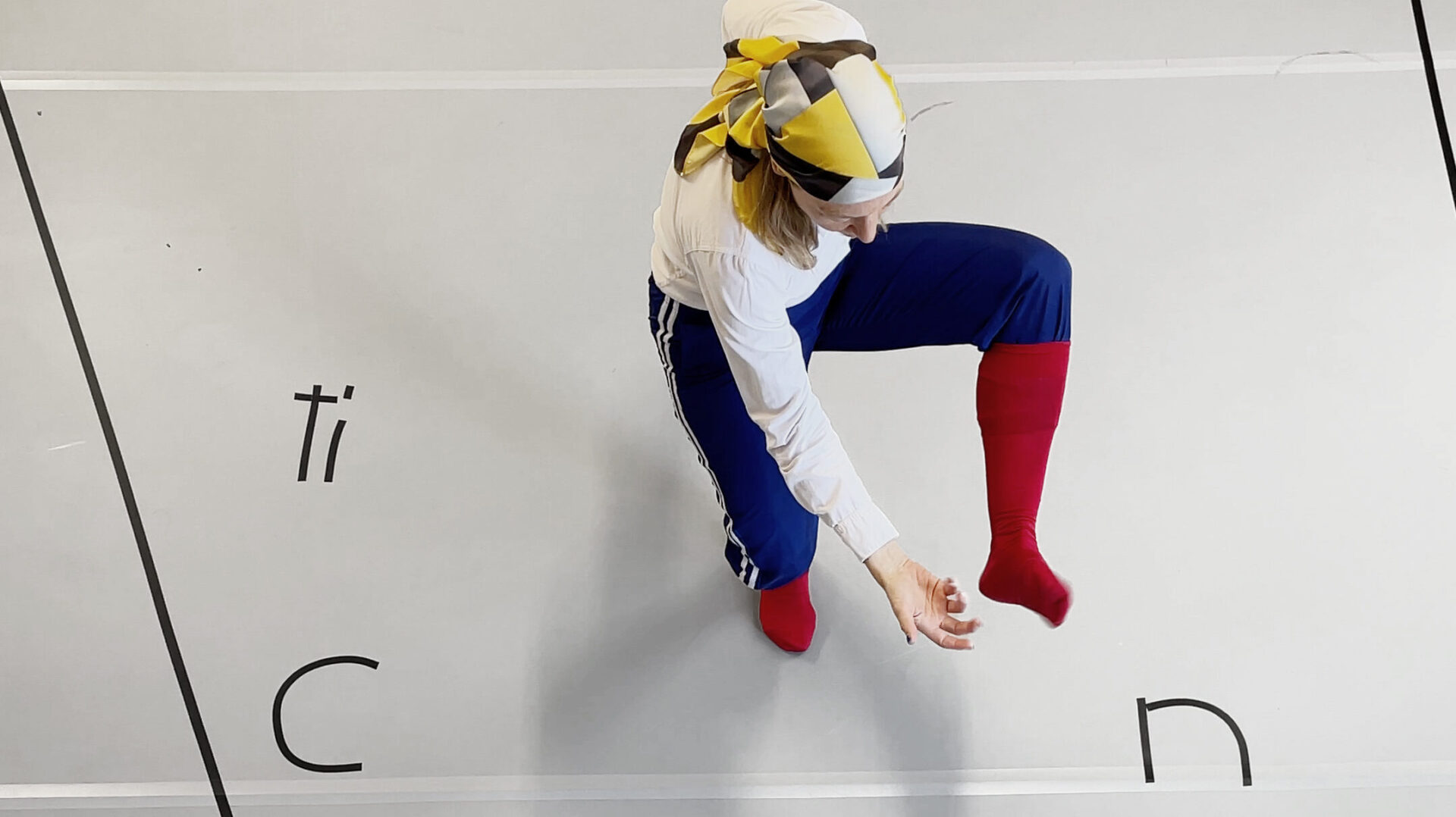
Internet Cafe – Salwa Foundation
Internet cafés became hugely popular in the early 1990s and were a place for both online and offline encounters, especially in the non-Western world. Salwa Foundation’s project aims to reflect on the internet café as a knowledge-exchange centre for migrants and to understand how internet cafés have transformed from hotspots to a place generally labelled as unsafe. For the project Internet Cafe, Salwa Foundation will launch an open call from which four migrants living in the Netherlands will be selected to participate in a three-month residency. All the artists will meet weekly, so that they can share the literature, resources, stories and experiences related to the subject, and guest lecturers from the field of art and technology are invited to give lectures and workshops. With this project, Salwa Foundation aims to decolonize the field of media arts by bringing the experience of migrants to the fore – experiences that are essential to understanding the complexity and dynamics of both tangible and intangible internet infrastructure. The results of the residency will be presented in an exhibition at Casco in Utrecht. The intended collaboration partners are Varia, Casco Art Institute, Framer Framed and Fiber Festival.




